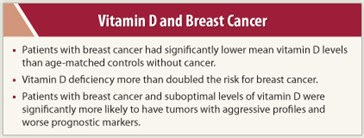 |
| Remembering someone special... Heaven gained an angel. |
We've lost too many young women to Triple Negative Breast Cancer this past year in our TNBC Sisters support group. This month in January, Three more sisters were called home to our Lord to be our sister angels. They are the real victors in their cancer battles, They fought hard with all they had, clinging to life. In the end, they had the courage to let go... let go of their suffering, the anxiety and their exhaustion as they're in transit to move on to their next life's journey in Heaven. Leaving behind their loved ones, children and friends is the hardest part of their journey, much harder than us saying good-bye to our sweet sisters. God Bless their families and may Michelle Streat, Marie Ashton and Melissa Gollnick rest peacefully now.
"Always in our thoughts - Forever in our hearts."
 |
| Michelle Oleson Streat, age 42 Passed January 13, 2013 from nearly 4½ yr. battle with TNBC |
 |
| Marie Ashton, age 40 Passed January 28, 2013 from TNBC |
 |
| Melissa Gollnick, Age 35 Passed January 31, 2013 from TNBC, less than a month after recurrence diagnosis |
(Click link to obituary for Melissa Gollnick)





